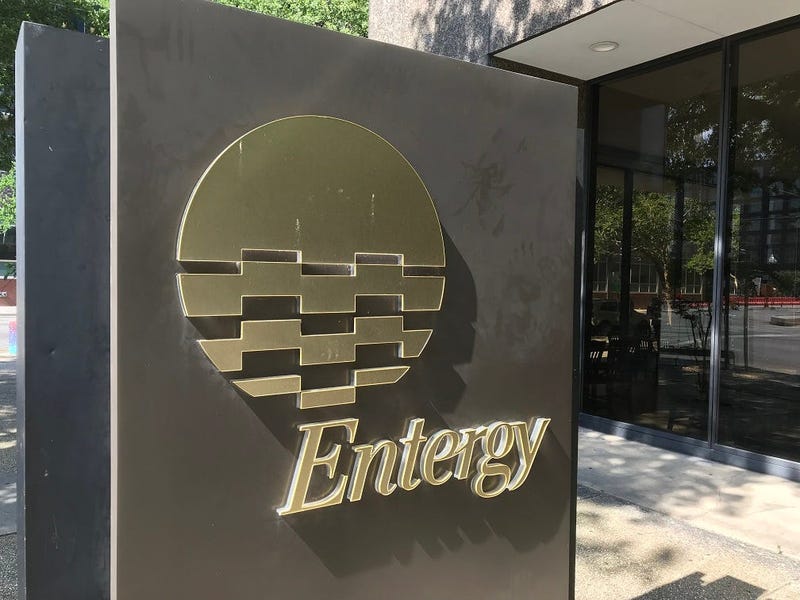
Louisiana utility regulators are studying ways to handle a coming increase in monthly electric bills tied to Entergy's building of new electricity generating plants
There's a concern among industrial companies that Entergy's rates may rise 50 percent because the energy provider will have to replace its aging power plants and grid. Public Service Commissioner Dr. Craig Greene of Baton Rouge says the PSC will decide how much rates will rise, but it's true that Entergy's energy infrastructure is getting old.
"There is a significant portion of it that is 30, 40 and 50 years old, so imagine if you or your family only had 40 or 50-year-old vehicles at some point you are going to have to replace those," said Greene.
Greene says rates may not rise by 50 percent, but they will have to go up in the future. One option involves having major industrial users find their power outside of residential monopolies.
"If a big user leaves does that mean we also don't have to build as much, they are going to build their own," said Greene.
The Advocate reports the average medium-sized plant uses as much power as the city of Alexandria.
Some have suggested having industrial groups foot a larger share of the bill for future capacity expansions, considering they're the ones driving the need for more capacity.
The five-member Louisiana Public Service Commission has unanimously directed its staff to look at all options available, such as enlarging the use of renewable energy sources and expanding programs to help pay for making homes and businesses more energy efficient. The commission’s staff also will review the implications of allowing large industrial customers to fend for themselves by seeking better electricity prices on the "open market" or letting plants and refineries make their own power.
"It's a proactive approach to make sure we maintain the customers' perspective as we look for solutions to those energy needs," said Greene.
The Advocate reports that Entergy told regulators it needs to eventually spend an estimated $10 billion to $12 billion to replace units that are approaching 50 years old. As a regulated monopoly, Entergy’s customers must pay those costs.
